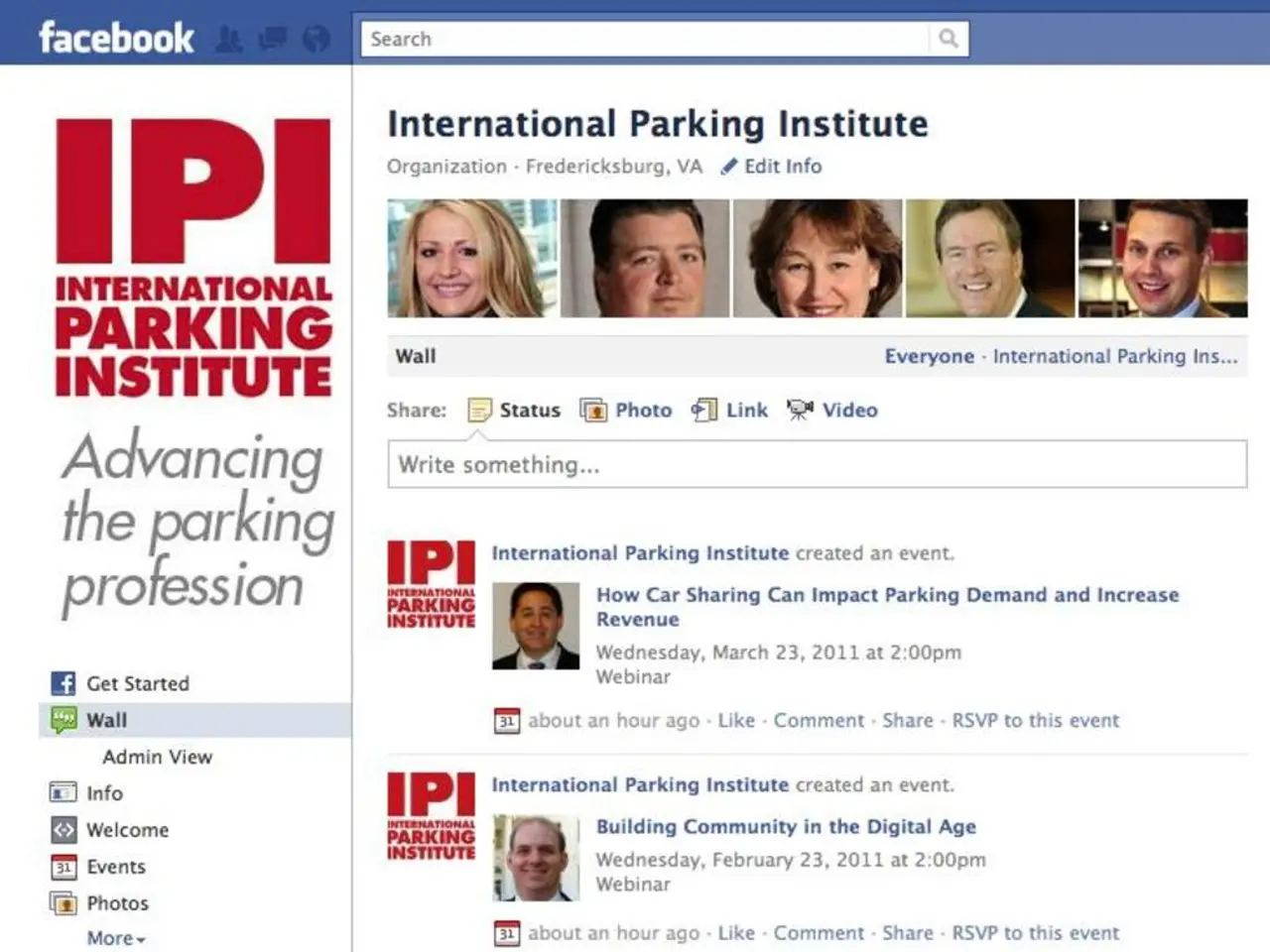Iran Sends High-Ranking Politician to Beirut in Attempt to Ease Tensions Amidst Pressure to Disarm Hezbollah in Lebanon
In the heart of the Middle East, the future of Hezbollah's arms is a topic of intense debate and political manoeuvring. The Lebanese government's decision to disarm Hezbollah, a powerful militia with a strong social base, is influenced by a complex web of factors, primarily external pressure from the United States and Saudi Arabia.
The U.S., viewing Hezbollah's weapons as a threat to its Middle East strategy, imposes deadlines and conditions, driving the agenda for disarmament [1][3][5]. Saudi Arabia, with active envoys in Lebanon, supports this plan, adding regional pressure to the mix [1]. However, the Lebanese government's composition is split, with Shiite ministers withdrawing in opposition, reflecting a lack of national consensus [1][2][3].
Hezbollah and its supporters view disarmament as an existential threat. Their weapons are integral to their resistance against Israel and defensive position [3][4]. The potential for triggering internal conflict is high, and experts question the practicality and risks of forcibly disarming such a powerful militia [3][4][5].
The Lebanese government, led by figures aligned with U.S. interests, has asked the army to prepare a disarmament plan aiming to disarm Hezbollah and other armed groups by the end of 2025 [1]. However, this lacks consensus within Lebanon, particularly among Shiite ministers who oppose it [1].
The decision on whether to retain or relinquish its arms may not be Hezbollah's alone due to its close ties with Iran. Ali Larijani's visit to Beirut was seen as an opportunity for the Lebanese government to influence Iran's position on Hezbollah's future [2]. Iranian Foreign Minister Abbas Araghchi stated that Iran supports any decision Hezbollah makes but does not intervene [3]. If Hezbollah decides it needs to, to preserve its political position, Tehran can't veto, according to analysts [3].
Araghchi's comments were received angrily in Beirut, with Lebanese Foreign Minister Youssef Rajji rejecting and condemning them [3]. The instruction for Hezbollah to disarm risks further undermining the relevance of the group at a critical time, according to analysts [4].
Hezbollah and Iran have emerged bruised from separate conflicts with Israel in November and June. Iran is a major regional actor and has a strong relationship with Lebanon's large Shia community. Despite this, Hezbollah's leader, Qassem, has unequivocally rejected disarmament [5].
The World Bank estimated in May that Lebanon would need $11bn to rebuild after significant damage inflicted by Israel's war. The central government would be responsible for distributing that money, giving it some influence over Hezbollah [6]. Qassem warned the Lebanese government not to involve the national army in the conflict [7].
Hezbollah is considered a valuable ally for Iran in the Middle East. However, its sustained damage from Israel's attacks and assassinations of its leadership, as well as its lack of complete freedom of action in regards to its arms, suggest a more complex dynamic in this alliance [8].
In summary, the decision to disarm Hezbollah is made under considerable external pressure, with limited Lebanese domestic consensus, and is conditioned by complex political, security, and regional factors. The Lebanese government acts as an implementing body under this external influence, while Hezbollah views disarmament as unacceptable and will resist strongly [1][2][3][5].
- The potential effects of disarming Hezbollah extend beyond the Middle East, as breaking news about its potential disarmament may influence war-and-conflicts policies and legislation around the world.
- The prolonged debate over Hezbollah's arms has become a fixture in general news, with reporter-coverage often focusing on the conflict between the Lebanese government and the militia group.
- The decision of Hezbollah and Iran, long-time allies, to retain or relinquish their arms is not only influenced by internal factors but also by external pressure and intervention, especially from the United States and Saudi Arabia.
- As the future of Hezbollah's arms remains uncertain, there's growing anticipation for a possible escalation in armed conflicts and internal power struggles within the Middle Eastern region.








